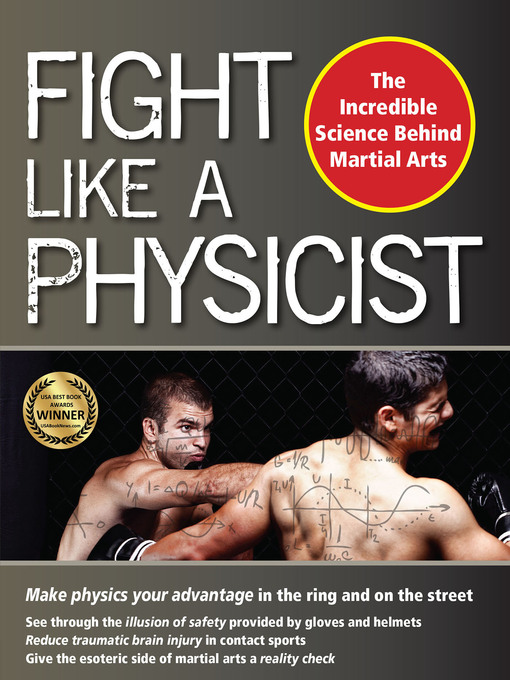CRUSHES MYTHS. UTTERLY BRILLIANT! An in-depth look into the physics behind martial arts
Whether you are an experienced martial artist or a curious enthusiast, this book gives you an "unfair advantage" by unraveling the complex science of effective fighting techniques and examining the core principles that make them work. Did you know?
Fight Like a Physicist blends inquiry, skepticism, and irreverent humor—all while punching holes in myth and mysticism.
Highlights include
Fight Like a Physicist reads like a manifesto on the rational practice of martial arts. It's intelligent, fun, and dangerous—and nothing short of iconoclastic.

